Change your stored postcode to update prices for your location.
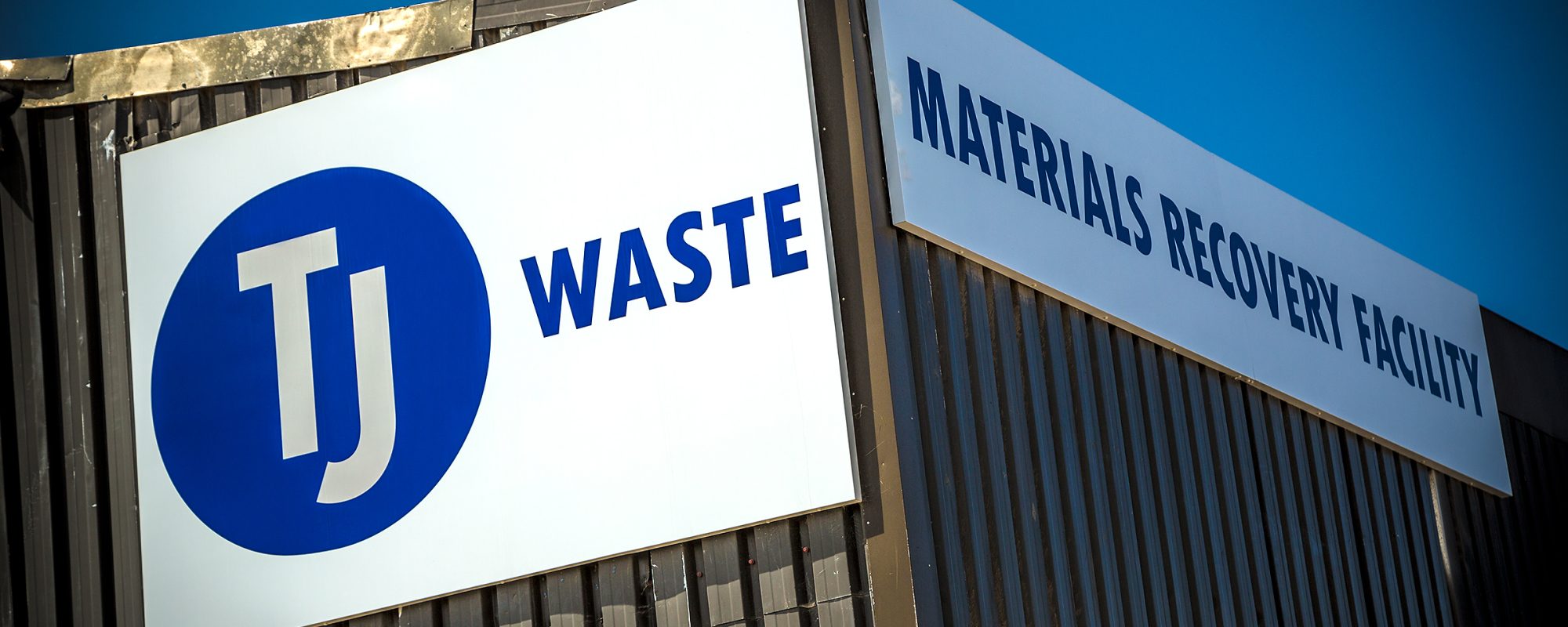
If you’re a business that produces waste as part of your operations, you are responsible for that waste and for ensuring it is disposed of correctly. It is not legal or ethical to simply pass it over to an anonymous waste carrier and hope they dispose of it responsibly.
It is your responsibility to choose a reputable disposal company who will correctly handle the waste, segregate it and send each element down the correct and legal routes for disposal, whether that be reuse and recycling, incineration or landfill. To ensure this, you should ask for evidence and documentation of where the waste will go.
It is also your responsibility to classify your waste prior to disposal. These Government links are very helpful and easy to follow, so take a look to gather some additional information:
Please also keep in mind that some wastes are classed as hazardous, so if your company is producing these types of wastes, additional measures will need to be taken to ensure the safety of your waste carrier.
At TJ, our team of waste disposal experts can assist you with identifying waste classifications, although you must remember that the ultimate responsibility remains with you. Be sure to check out the Government web links above to identify your waste initially, before coming to us for further assistance.
However you employ us to handle your waste – skip hire, grab hire or via a commercial waste management contract, you must be aware of what you are disposing of. Many materials can be hazardous if not handled correctly, so please familiarise yourselves with what materials can be classed as hazardous.
Once we know what we are dealing with we can ensure that the correct removal process is followed, such as enclosed skips and specially-handled removals using our fleet of vans.
Asbestos or materials that could contain asbestos are extremely hazardous – you should call in a specialist asbestos handler if you suspect you have materials containing asbestos to dispose of. We can supply an asbestos-only sealed skip for the disposal, but the actual handling of it should be carried out by specialists wearing protective gear.
Plasterboard contains gypsum, a soft sulfate mineral composed of calcium sulfate dihydrate, so if plasterboard is disposed alongside biodegradable wastes, it can lead to the production of odorous and toxic hydrogen sulphide gas. The current plasterboard waste management regulations state that plasterboard has to be disposed of separately to prevent this. We can supply plasterboard-only skips so please get in touch to enquire.
Liquids such as paint and chemicals must be disposed of correctly; they cannot go in your household bin or into a skip as they have to go through special processes for safety reasons. Not doing so could result in contamination of other materials and the environment. TJ can manage the collection of your liquid waste; we work with a partner organisation to dispose of these responsibly.
WEEE should be disposed of correctly to ensure treatment, recycling and recovery of the elements that make up the equipment. All electrical waste contains chemicals that are harmful to the environment. When WEEE is dumped in landfills, it decays over time and leaks toxins into the earth and our waste systems. TJ offers a collection service that will ensure that your WEEE goes to the right place.
Fridges require separate disposal from other items as they need to be degassed to ensure the cfc gases are dealt with safely and that the fluorescent strips are carefully handled.
There are many different types and grades of soil and rubble, so if you are a construction or groundworks company generating a lot of this type of waste, please contact us for more guidance on the best routes for disposal and whether the materials may need to be treated prior to disposal.
The Environment Agency will be able to assist with classifying different soil types by testing samples to see what chemical elements are present. There is help available with this, so please get in touch to find out more.
Read our Guide to disposing of hazardous waste for more information.
Once you have successfully classified your waste, you can then hand it over to us and we’ll do the rest. We are a reputable, reliable, family-run company, with a safe, modern fleet and a reputation for excellence.
Utilise our skip hire or grab hire services or our muckaway service for larger volumes of materials such as soil and rubble. If your company is looking for an on-going commercial waste management service, we can help with this too and have extensive experience of doing so for a range of companies. Check out some of our case studies for further info…
We have a network of partners that we use to dispose of the different materials correctly and safely. We work with companies that are able to treat certain materials to make them safe for onward disposal and we ensure that the correct route is taken every time, providing evidence for both our records and the clients’.
If you are unsure of any aspect of your waste management or disposal, please get in touch and we can help get you on the right track. You can also email any enquiries to enquiries@tj-waste.co.uk.
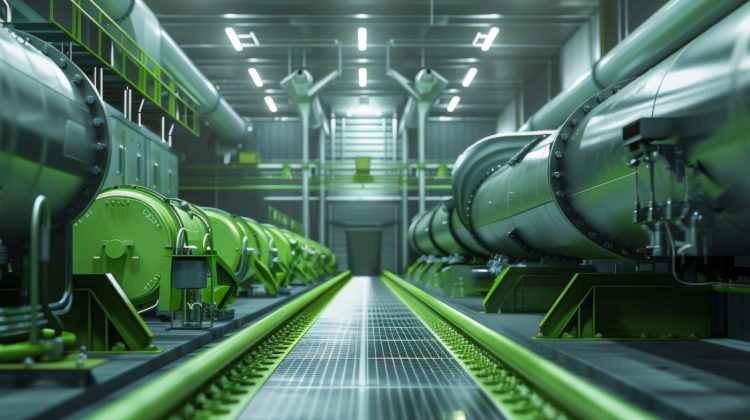
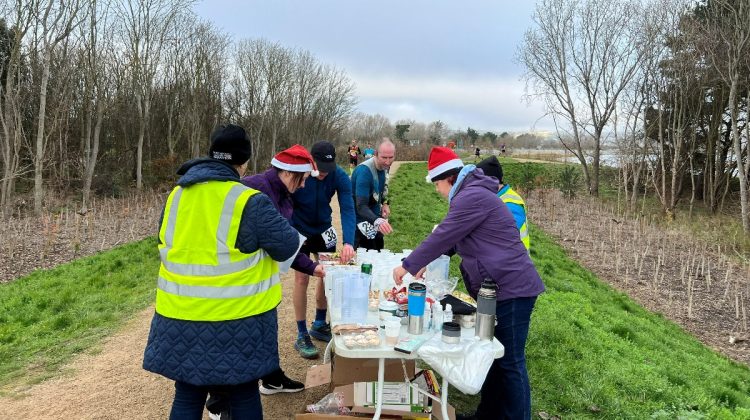
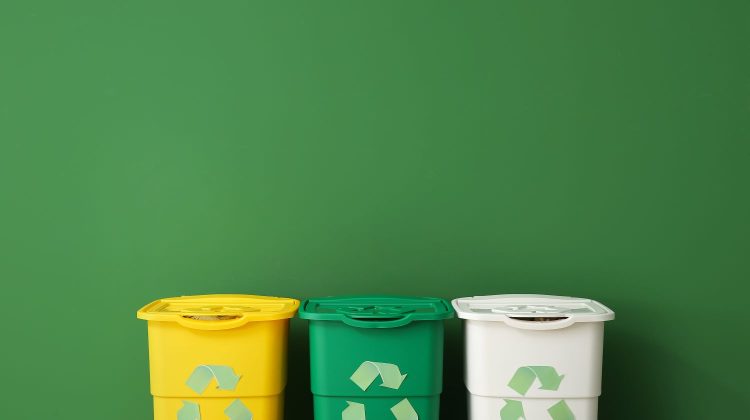
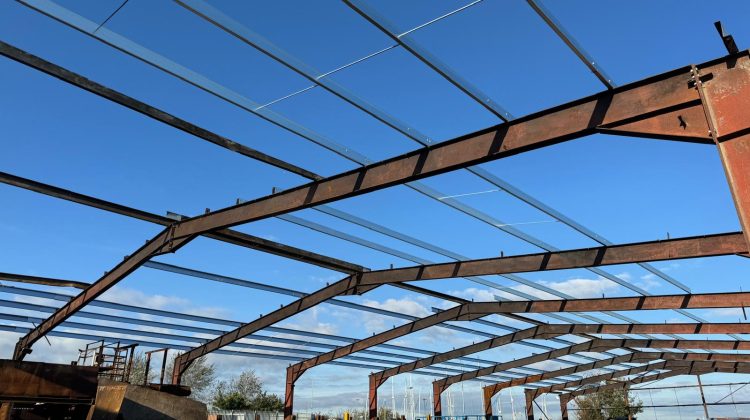
Change your stored postcode to update prices for your location.